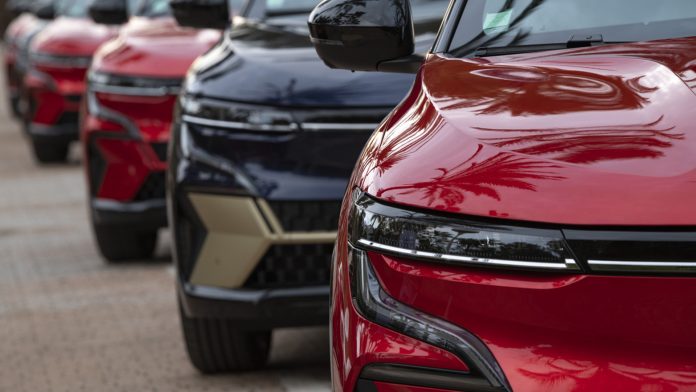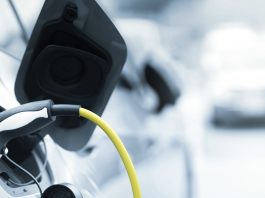Researchers from Ohio State University have found that test driving an electric vehicle (EV) may increase the likelihood of purchase.
Researchers have found that test driving an electric vehicle boosts potential buyers’ personal identity as early adopters of the latest technologies. This increased sense of being a timely user of new gadgetry increases the likelihood that the test driver would show interest in buying the car.
However, despite the test drive increasing participants’ belief that an electric vehicle could act as a status symbol, this expectation did not turn into making a purchase.
The study, ‘Give it a Try! How electric vehicle test drives influence symbolism perceptions and adoption intent,’ published in the Journal of Environmental Psychology, aims to increase understanding of what drives consumer behaviour behind sustainability-related purchases, and offers insights that could guide electric vehicle marketing efforts.
The importance of EV test drives
The study was conducted by the first author, Atar Herziger, a former postdoctoral researcher at Ohio State University, who is now on the faculty of Technion – Israel Institute of Technology, in collaboration with Nicole Sintov, Associate Professor of behaviour, decision making, and sustainability at Ohio State University.

The researchers aimed to determine whether and how a test drive of an electric vehicle affects two kinds of symbolic meaning: private meaning, which supports an individual’s self-perception, and public meaning, influencing how others would view the EV owner. If a test drive does change those meanings, is the prospective buyer’s willingness to make a purchase also affected?
Sintov stated: “An electric vehicle can symbolise different things to different people – it’s not going to be the same across the board. That’s why it’s important to consider the variety of different qualities an EV can reflect.
“What we found is that EV test drives have a lot of potential to change how people think of themselves – and that was linked to increased intention to buy.”
Studying the public and private impacts of a test drive
The researchers conducted two studies, one a randomised experiment utilising a virtual test drive, and the other, a partnership with Smart Columbus to survey people who opted to participate in an EV test driving experience.
Over these two studies, 729 participants were asked before and after the test drive to rate how owning an electric vehicle would influence their self-perception and how having the car would affect the way others view them. After the test drive, they were asked how likely they were to buy or lease the EV or recommend it to a friend.
Three types of private symbolic meaning linked to owning an electric vehicle were the focus of the research: being pro-environment, an early adopter of new technologies, or a car authority. The survey also asked participants to report the extent to which they perceived that driving the EV says something about the kind of person they are publicly.
The researchers used an identical video for the virtual test drive, which eliminated all visible branding and sound of an EV model not yet available in the US. The virtual test drive took participants on a short ride from the driver’s point of view and included examples of how interior features worked. The only difference was that some of the participants were told the car was a conventional gas-powered vehicle, whereas others were told it was an electric vehicle.
Using the results for EV marketing efforts
Statistical analysis revealed that the virtual experience in the EV strengthened participants’ perception of the EV as an expressive object and increased their self-identity as early adopters of technology.
“We didn’t see that for those who were told they were test-driving a conventional vehicle,” said Sintov.
“They had the same stimuli, but telling them it was one thing or another obviously changed the perceptions not only of the vehicle, but of themselves.”
However, only the reinforced personal identity led to the intention to make a purchase.

The real-life test drive results also enhanced public and private symbolic meanings of an EV, increasing both early-technology-adopter and car-authority identities. But again, only the reinforced personal identities led to stronger intentions to buy or lease an electric vehicle.
Sintov stated that the distinctions between public and private meanings and their influence on purchasing intentions are crucial. The test drive’s influence on those meanings also considers the fact that a lot of thought goes into buying a car – it is not a decision made at a single point in time.
“We really wanted to parse these things out more concretely than previous studies on EV symbolic meanings have – all in the context of whether a test drive moves things,” she said.
As the results revealed that test drives can move consumers toward a purchase, the marketing around such experiences could be particularly important.
“If EV marketing efforts focus on saying, ‘Look at you – you have cool person status,’ that is not the route we identified,” Sintov said. “‘How do I think about myself differently after this test drive, and in particular, how do I see myself differently in terms of being an early adopter of technology?’ That is what makes people want to buy the car.”









